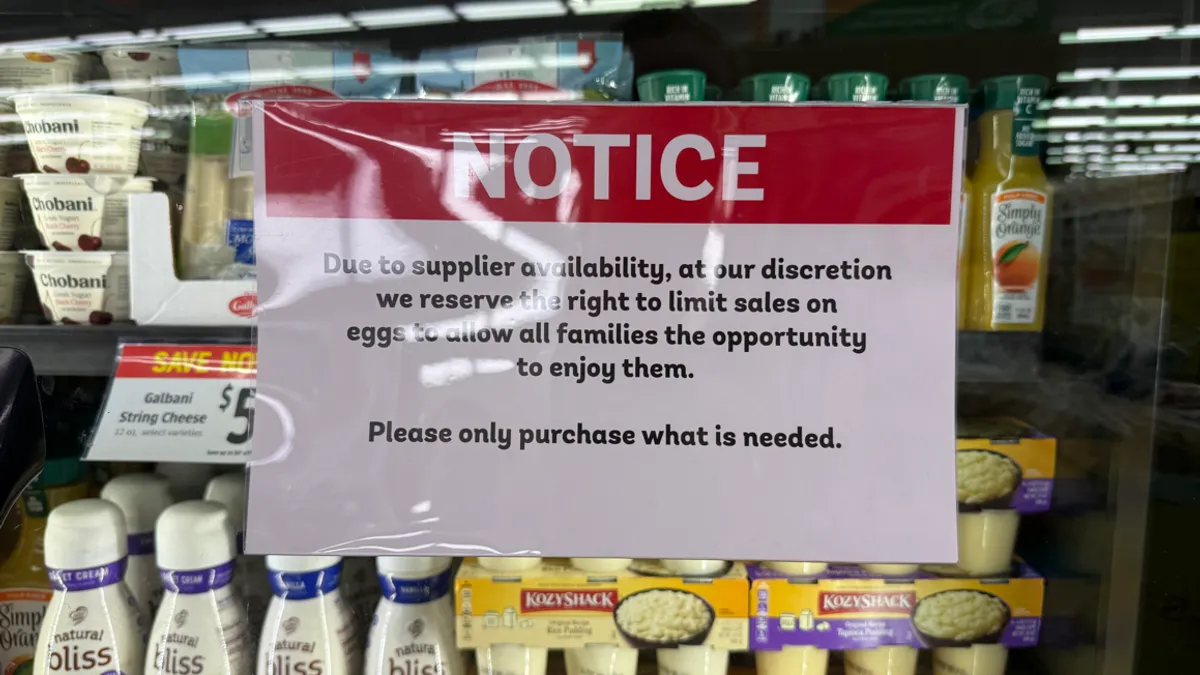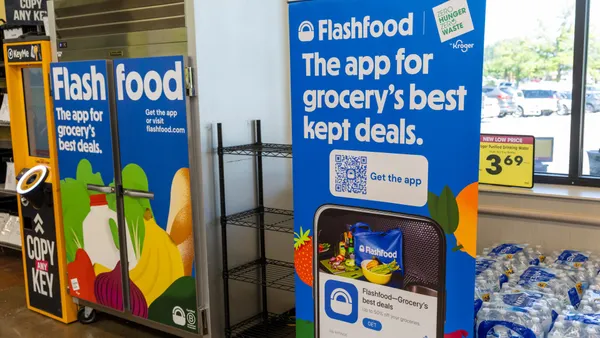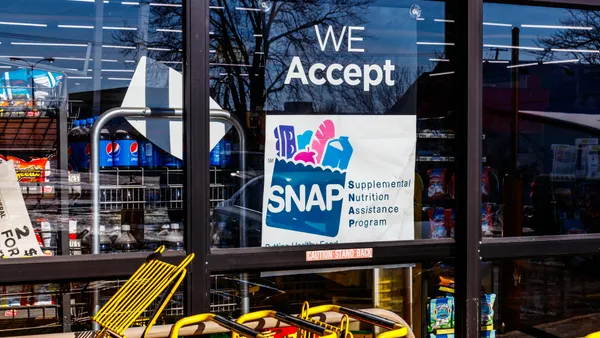Dive Brief:
- Egg shortages are straining sourcing for independent grocers and wholesalers and resulting in retailers often “absorbing significant financial losses to shield their customers from the highest prices to the extent possible,” the head of the National Grocers Association wrote in a Tuesday letter to newly confirmed USDA Secretary Brooke Rollins.
- The trade group urged the USDA to use “all scientific resources available to mitigate the effects and spread” of the ongoing spread of bird flu among flocks.
- The trade group said egg shortages are making it “increasingly difficult” for retailers and distributors to consistently stock eggs that meet states’ food package requirements for the WIC program.
Dive Insight:
NGA President and CEO Greg Ferrara said the trade group, which represents 21,000 independent, local and regional supermarkets, has been working closely with egg producers to protect their flocks from bird flu but has been dealing with stiff challenges as the virus has continued to spread.
“It’s apparent that this crisis is going to impact us for many months to come, putting continued pressure on the limited supply of eggs and keeping prices high for consumers,” Ferrara wrote in the letter.
Egg prices were 67% higher in January than they were a year ago, at an average of $6.96 per unit, according to Circana data cited by 210 Analytics. Despite the price hike, unit sales for eggs grew 4% year over year amid resilient consumer demand.
Egg prices aren’t likely to drop anytime soon and instead could increase even more, the USDA said at the end of January, predicting that consumer costs will rise about 20% this year.
Asking retailers to absorb financial losses to keep prices down is not a viable long-term solution and could even unintentionally fuel demand, Ferrara said. NGA is urging the USDA to pursue and support innovative solutions aimed at fortifying the domestic egg supply in addition to working with industry players to find ways to accelerate recovery and improve supply chain stability.
Ferrara also recommended that the USDA direct all state WIC agencies to allow for flexibility with egg stocking requirements for retailers, such as by waiving minimum stocking requirements for fresh eggs until the current egg supply chain issues subside. This would help ensure that retailers are not penalized for supply chain issues beyond their purview, Ferrara said.
In Virginia, for example, grocers who are WIC-approved vendors must have at least two packages of a dozen large, white A or AA eggs and will receive a warning letter if non-compliant with the stock requirements during a WIC agency visit.
Out-of-stocks for WIC-approved items can cause headaches for WIC shoppers facing stringent rules around when substitutions can happen.
Ferrara also said in the letter that NGA wants the USDA to direct WIC agencies to provide flexibility regarding price controls for eggs.












